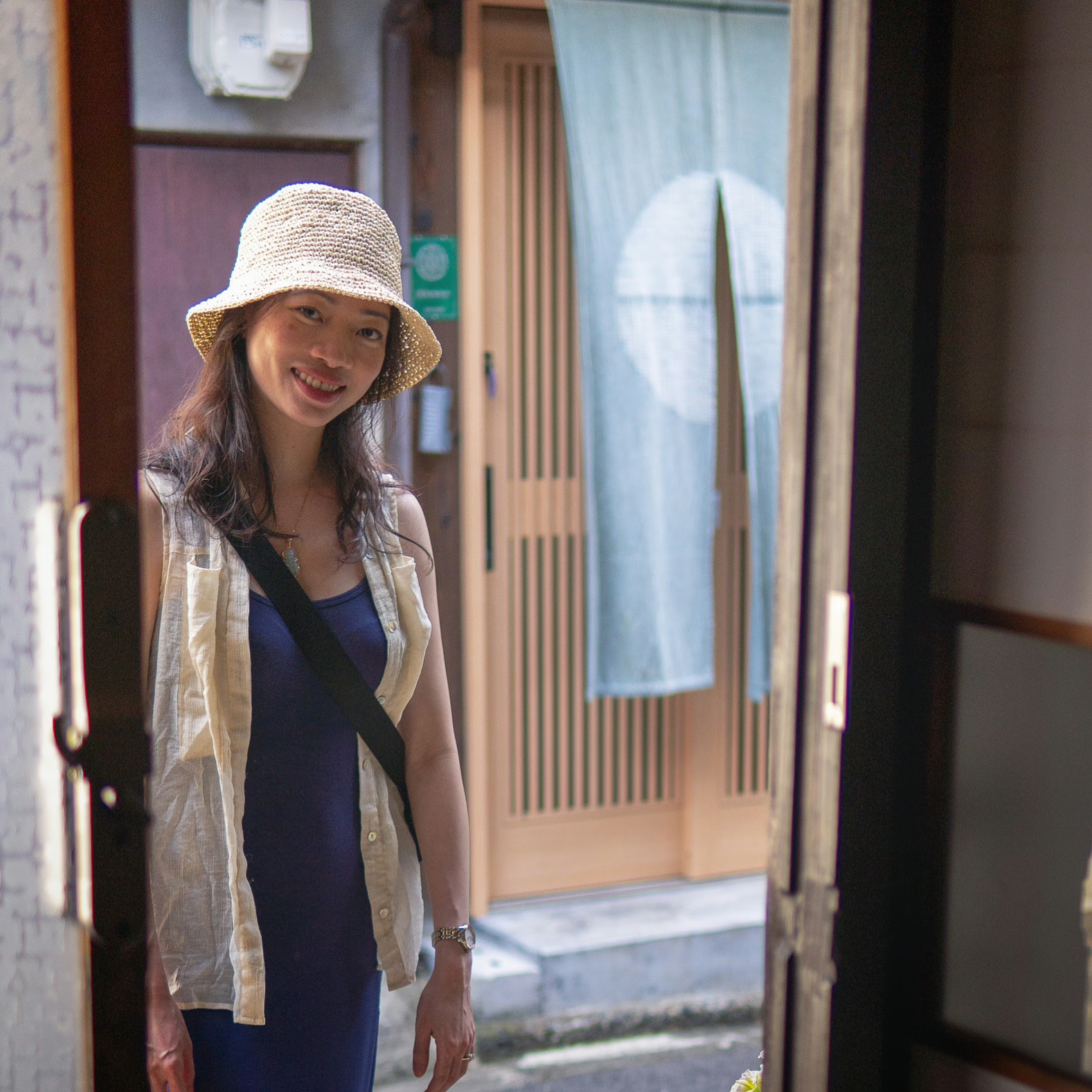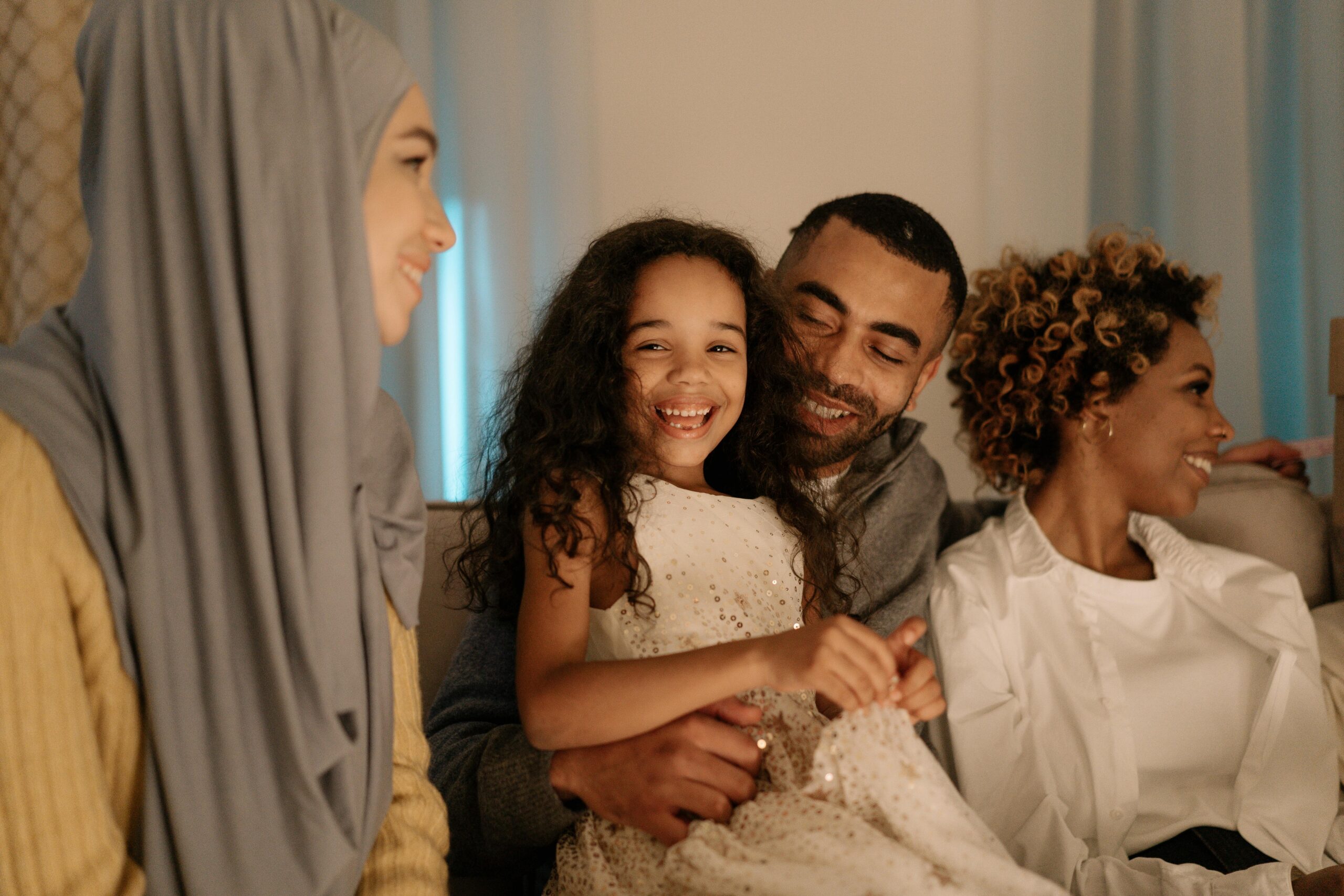Latest Blog Posts
How Attachment Style Shows Up in Relationships
Just as we can be harmed in relationships, we also heal through relationships. The journey of forging meaningful connections can push us to become better people. But when those relationships hit rocky periods, we can become vulnerable and faced uncomfortable truths about how we show up in the eye of the storm.
·
To Those Considering Therapy with Me
Hello, I’m Rachel. My family name, Loong, means “Dragon,” symbolizing strength, wisdom, and prosperity. I became a counsellor to support people in reclaiming their inherent strength and living more freely. Here’s a glimpse into who I am and what guides my work.
·
Anxiety and Worry: Finding Calm in Uncertain Times
Worry and anxiety often show up during uncertain times. Our mind can feel noisier during times of political unrest, or anything that stirs up what we’d rather forget. While we all cope in our own ways, one thing that connects us is the shared experience of feeling overwhelmed.
·
Blind Spots that Impact our Relationships
The road to navigating relationships is rarely a straight line path. When we bump up against different personalities and familiar dynamics, often our unresolved hurts from the past can surface. The way we react in these moments serve as defence mechanisms, making it more difficult to find and sustain meaningful connection.
·
The Uncertainty of Beginning Again
Change is something we are always guaranteed in life and often many emotions come to the surface as we move through a new beginning. Whether it’s changing careers, breakups, or moving to a new city, some changes can be a positive cause for celebration, but the loss of what we’ll leave behind can hit us with heartbreak and grief.
·
Rediscovering What You Value Most
When a new year unfolds, it’s natural to reflect on what we want for ourselves. Many of us feel the impact of external pressures and digital noise. It’s easy to lose touch with ourselves and what matters most. And when we feel lost and disconnected, returning to our values can offer a steadying anchor.
·
Healing the Fear of Rejection from a Deeper Place
While rejection is a universal experience, it can also rock us to our core. The impact often goes deeper affecting our sense of self worth. The emotional fallout can feel even more intense, turning stressful moments into overwhelming heartbreak
·
Ways to Navigate Family Conflict
We all encounter family conflict and we know how messy and complicated it can get. Tensions can come from many places such as clashing values, unspoken expectations, or unresolved emotions. Communication often breaks down, and for those of us in bicultural immigrant families, the layers run even deeper.
·
How to Set Healthy Boundaries with Family Without Losing Connection
No is full sentence, yet one that is hard to say within our family systems. It can be especially challenging in cultures with filial piety, where going along with the wishes of our elders and avoiding conflict at all costs is a cultural expectation.
·
Recognizing and Addressing Emotional Suppression
Have you ever dodged a hard conversation, held back tears, or felt numb inside? Avoiding or downplaying your feelings is a form of emotional suppression and something many of us experience as a way to cope with the expectations of culture, family, and the world.
·

Let’s connect
Located on the unceded ancestral lands of the xʷməθkʷəy̓əm (Musqueam), sḵwx̱wú7mesh (Squamish), and sel̓íl̓witulh (Tsleil-Waututh) Nations, colonially known as Vancouver, BC.
As a settler, I carry deep respect for these Nations and I commit to ongoing unlearning and accountability, to stand with Indigenous communities on Turtle Island.
Copyright Pacific Path 2025











